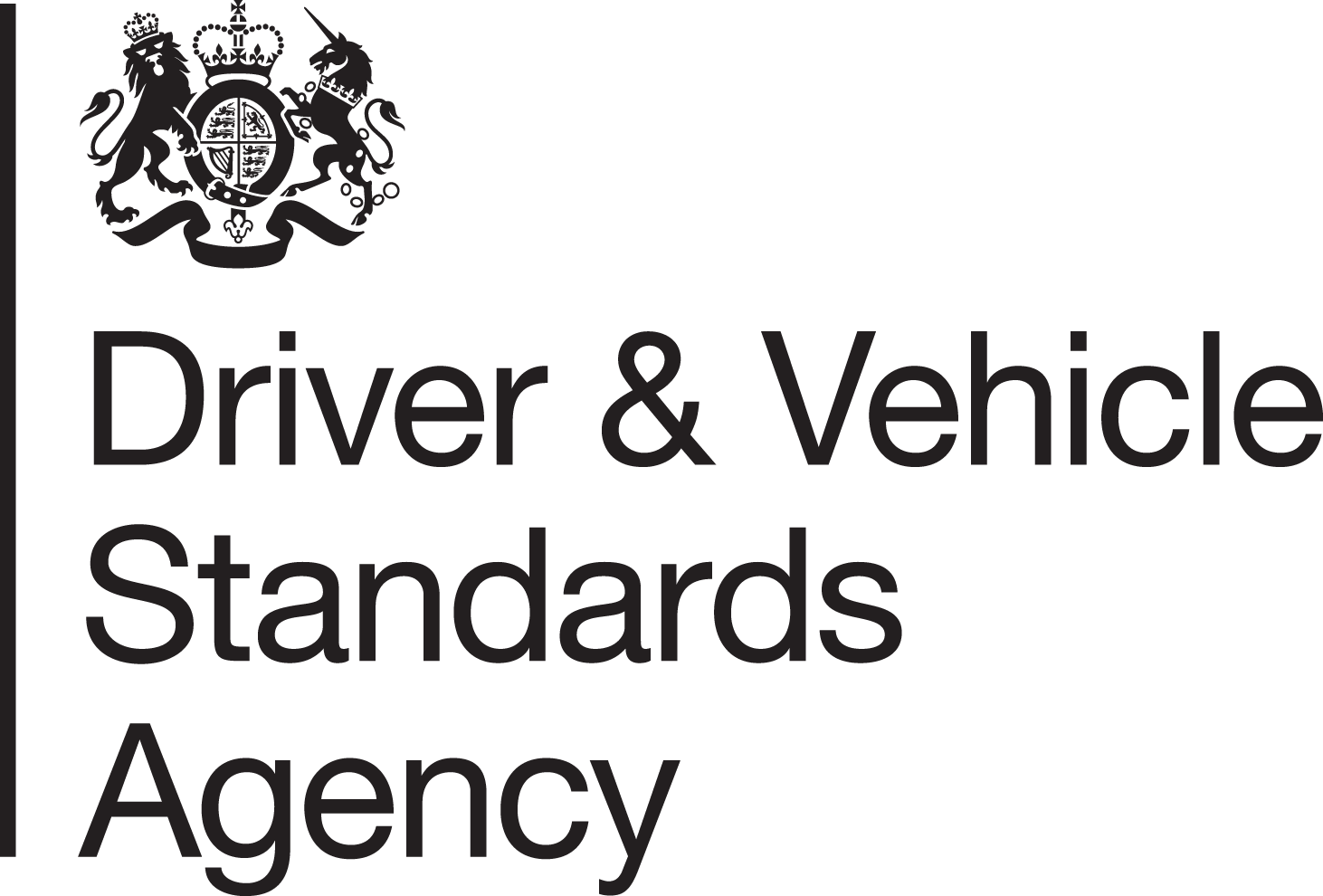Description
Module 1 - Drivers Hours + WTD
Upon completion of the course delegates will be able to:
Understand more clearly the HGV legislation relating to daily, weekly & fortnightly driving hours limits, Daily and weekly rest periods as well as daily break requirements.
They will also obtain training on the RTWTD legislation (Working hours & break requirements) so that they are able to interpret this legislation along with the EU regulations.
Module 2 - Digital Tachograph
Upon completion of the course delegates will be able to:
Know how to operate a digital tacho correctly during their daily activities including the use of all modes options.
They will learn how to do a manual entries using a practical simulator. Delegates will be taught the legal requirements for using the tachograph and what the different penalties are including the misuse of the tachograph and interfering with the speed limiter.
Module 3 - Daily Walkaround Checks and Defect Reporting
Upon completion of the course delegates will be able to:
Understand the operator and legal requirements for road-worthiness.
The Delegates will also have an understand of how the authorities work and the powers and documentation that is available to them.
Delegates will have the knowledge of all the items that need to be checked and how to identify and complete defect or NIL defect reports.
Module 4 - Safe Loading of Vehicles
Upon completion of the course delegates will be able to:
Understand the importance to road safety and operator licensing of the safe loading of vehicles.
Understand the forces acting on a goods vehicle and it's load, state the requirements for restraining loads to counter these forces.
Identify how to secure various types of load and types of restraint equipment.
Know about height restrictions, maximum weights.
Understand consequences of overloading and the powers of enforcement agencies.
Module 5 - Health & Safety for Drivers
Upon completion of the course delegates will be able to:
Differentiate between the individual sections of the HASAW act 1974 and which ones directly relate to them and their work colleagues and which ones are relevant to their employers responsibilities.
Delegates will be able to understand why SSOW's are put in place and for what reasons and they will be taken through a series of slides and videos to demonstrate this.
by the end of the course delegates will have a much clearer understanding of the roles that ALL parties play in the HASAW act 1974.
Module 6 - Safe & Fuel Efficient Driving
Upon completion of the course delegates will be able to:
Understand the importance of road safety and how they can influence this by changing their style of driving. Delegates will get a clearer understanding of fuel usage in a HGV and the various different elements that impact the usage of fuel including the different types of trucks in use and the difference between city, urban & Mway driving.
Module 7 - Driver Security & Customer Care
Upon completion of the course delegates will be able to: Develop a better understanding on how to prevent criminality, trafficking in illegal immigrants and give the driver general information on how to maintain preventive measures.
To define what customer service is, identify who their customers are, to understand the importance of effective communication with customers and identify how to handle difficult situations.
Module 10 - Accident Procedures & Speed Awareness
Delegates will learn what to the in the event of an accident and the relevant parties that would need to be informed. They will be able to accurately complete accident investigation forms to the required standards and they will be taught the implications of not reporting accidents.
Upon completion of the course delegates will be able to: Identify speed limits and the reasons why they are set as they are. They will know the differences between marginal speeding and the effects it can have in the event of an impact. Delegates will be taught about speed cameras and the different types around and the part they play in keeping speeding under control
Module 11 - Fitness to Drive & Vulnerable Road Users
Delegates will be trained in the different effects of driving whilst under the influence of drugs or alcohol and what the after effects could be for them including restrictions put on their vocational licence. They will be trained in preventative measures in what to do when fatigue I tiredness takes over and what best actions to take in this event.
They will be advised of the legal standpoint in all the above situations.
Delegates will be able to assess vulnerable road users like cyclists and elderly / powered mobility vehicles and hard of hearing road users.
They will be trained on HGV blind spots and they can maximise there road usage whilst maintaining road safety in respect of other vulnerable users.
Module 12 - Dangerous Goods Awareness for Drivers
Understand the terms used in connection with Dangerous goods and how they relate to our working practices.
Identify the type of dangerous goods by their hazard class.
Recognise the requirements for packaged transport, categorisation, excepted quantities and limited quantities
Understand the requirements for the safe loading, handling and storage of dangerous goods
Identify what markings packaged goods must have and why.
Identify what safety equipment must be carried on the vehicle. Understand the Personal Protective Equipment requirements imposed on crew.
Identify the various types of documentation required for dangerous goods transport.
Subject Areas
- Vehicle Systems (Transmission)
- Vehicle Systems (Safety)
- Safe and Fuel Efficient Driving
- Vulnerable Road Users
- Loading/Unloading (LGV)
- Legislation (Hours/WTD/Regs)
- Legislation for Carriage of Goods
- Health, Safety & Emergencies
- Industry Environment
- Personal Health & Wellbeing
- Physical/Mental Health & Wellbeing
- First Aid
- Professional Driver & Company Issues
- Industry Enviro. Carriage of Dangerous Goo
